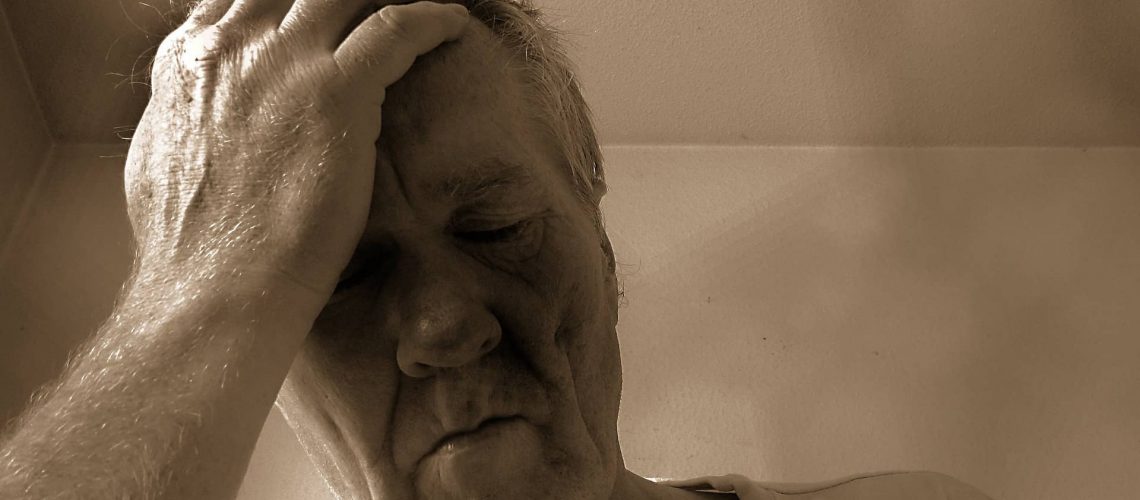What if you get plenty of rest every night, but still feel exhausted during the day? This may be a sign of Chronic Fatigue Syndrome, a mysterious illness that causes a lot of common misconceptions. For instance, patients sometimes think they can’t possibly have CFS because they were never depressed. Though depression can be one of the risk factors for CFS, it is not the only cause.
For many people diagnosed with CFS, an exact cause may never be determined. Though theories about CFS abound among my colleagues in the medical community, the truth is that there are still many unknowns associated with this chronic illness. Learning more about CFS makes it easier to seek treatment and plan a strategy for managing the disease.
A Frustrating Diagnosis for Chronic Fatigue
CFS is extreme fatigue that doesn’t improve with sleep and may get worse after physical activity. Whereas moderate and even strenuous exercise is energizing to healthy people, CFS sufferers can find their symptoms aggravated by everyday activities like running errands.
Onset of CFS is most likely to come in your 40s or 50s, though it can strike at any age. Women are more likely to be diagnosed than men, but many doctors believe the reason is that women are simply more willing to seek treatment.
Tiredness is not the only sign of CFS. Besides extreme fatigue that can come and go at random, symptoms include trouble sleeping, joint pain, soreness in the lymph nodes, muscle aches, memory loss and headaches that feel different than any you may have experienced in the past. The symptoms can persist for years and sometimes disappear for no apparent reason.
While no one cause has been verified, researchers are working on several theories. It is possible that if you have a dysfunctional immune system that comes up against a viral illness, CFS may be triggered. Inflammation of the pathways of the nervous system is another possible explanation. Scientists have also developed a list of risk factors, which includes depression, iron deficiency anemia, a history of allergies, hormonal changes in the glands and chronic low blood pressure.
Hope Through Treatment
There are many natural treatments to consider when working with your doctor to manage CFS. Besides treating any accompanying conditions such as allergies, anemia or depression, your doctor will help you learn to build exercise and activity into your life. Researchers have found that gradual exercise programs (activities that gradually get harder over time) have been successful. Also taking it easy on days when your energy levels are high may lessen the frequency of low-energy days. In addition, research is being done on D-Ribose, a sugar used as an energy source for cells. Supplements of D-Ribose may help fight CFS.
High stress will almost certainly exacerbate symptoms of CFS, so stress management and finding time to relax are crucial. Alternative treatments like touch therapy, chiropractic, acupuncture and hypnosis are great stress relievers that may also reduce the intensity of CFS symptoms. Cognitive behavior therapy has been used to treat CFS patients successfully by teaching them to develop a more positive outlook.
Natural herbal medicine is another avenue of treatment, which many CFS patients opt to explore. Some natural remedies include borage seed oil, bromelain, comfrey, echinacea, ginkgo biloba, ginseng and shiitake mushroom extract. If you are taking any kind of medication, it is important to ask your doctor about unfavorable side effects that may be caused by herbs and supplements.
It can be difficult to navigate your way through all the uncharted territory associated with CFS. My most important advice to my patients is to stay positive and cultivate a network of supportive friends and family members to help during difficult times. With all the sophisticated research into CFS, I feel confident that promising treatments are just over the horizon.
Photo Credit: graur razvan ionut

